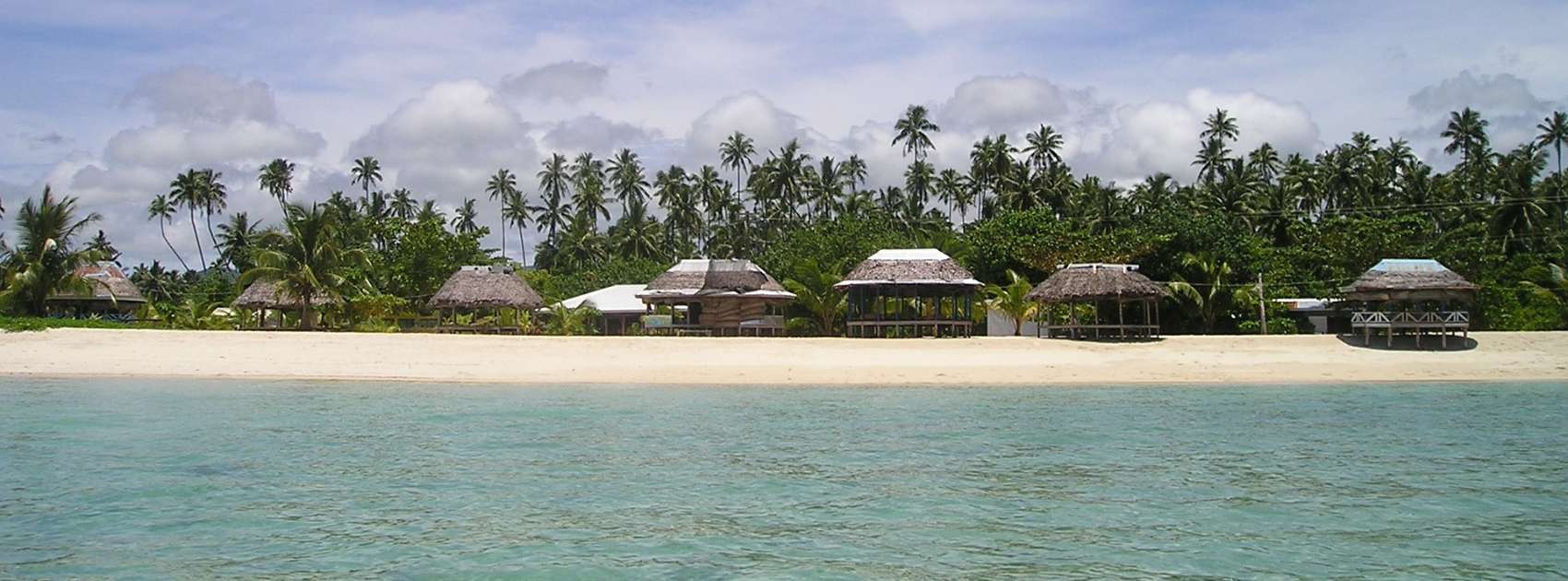Samoa
[graduated 01/01/2019; this is an archived page that is no longer updated] With an income of $3.660 (2022), the World Bank classifies Samoa as a lower-middle income economy.
What is the GSP?
The “Everything but Arms” (EBA) scheme is a permanent arrangement covering Least Developed Countries (LDCs) as classified by the United Nations. This arrangement enables duty-free and quota-free access for all products (7,200 products in total) originating in LDCs except for arms and ammunition. Unlike beneficiaries of the Standard GSP and GSP+, LDCs are not excluded from the scheme if they benefit from other preferential arrangements or agreements with the EU.

At a glance: GSP beneficiaries' preferential imports to the EU
22.1 M
Population
Presidential Republic
Government
0.013
GDP Growth
4.4% (2010)
Inflation
$ 8.97 B
GDP
Facts about Samoa's economy
Island Economy
Samoa is a small island economy which is frequently hit by severe storms and is highly vulnerable to earthquakes and tsunamis. Resulting from the remote location, Samoa is not very much integrated in global supply- and value--chains, making the country dependent on remittances, foreign aid, the agricultural sector, government services and tourism.
Export Products
Samoa's main export articles are predominantly from the agricultural sector and include products like different juices, coconut oil, taro and products made from fish and crustaceans. Samoa also exports reception apparatus for televisions and mobile telephones.
Trade Partners
The most important trading partners are New Zealand and Singapore, which together account for 33% of Samoa's trade. China ranks third with a share of 12.3%.
Economic Structure
The Samoan economy is largely dependent on agriculture and tourism. The most important crops include coconuts, taro, pineapples, mangoes, and other fruits. The industrial sector mainly produces for the domestic market and is relatively diversified. Domestically produced products include beverages, cigarettes, coconut products (mainly creams and oils), corned beef, soap, paint, and handicrafts. Remittances contribute about 17% to the GDP.
Usage of GSP Preferences
Samoa having graduated from LDC status in 2014 (becoming instead a developing country), was removed from the list of EBA beneficiaries on 1 January 2019.
Trade with the EU
Total trade with the EU amounted to €8 million in 2022. With a share of 0.4%, the EU only plays a minor role in Samoa's total trade.
Samoa and the EU (2023)
Imports from Samoa by product section
Imports from Samoa over time (in € m)
Contact points
- Samoa Chamber of Commerce and Industry
- Delegation of the European Union for the Pacific responsible for Cook Islands, Federated States of Micronesia, Fiji, Kiribati, Nauru, Niue, Palau, Republic of Marshall Islands, Samoa, Solomon Islands, Tonga, Tuvalu, Vanuatu as well as the four Overseas Countries and Territories in the Pacific
- Samoa Association of Manufacturers and Exporters (SAME)
